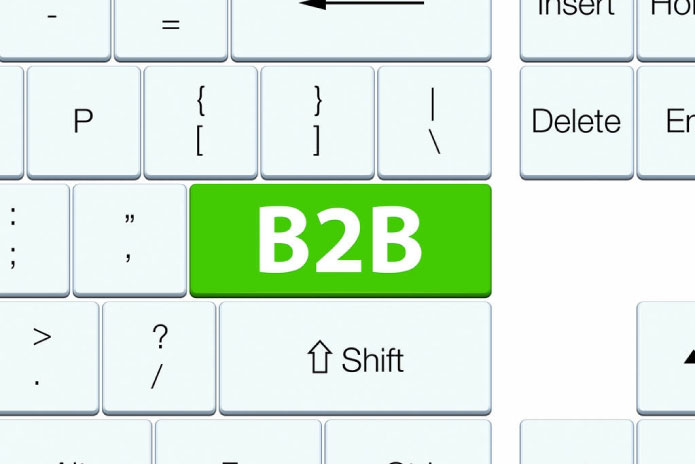For a long time, B2B marketing was seen as something purely technical. Processes, numbers and specifications were what based the communication. The idea was that, to convince, it was enough to talk about efficiency and functionality. But over time, we have discovered that this is not enough. Even when the decision is a company, who chooses remains a person, with goals, doubts, priorities and expectations. And understanding this person makes all the difference.
Understanding this reality changes the way we position ourselves, how we build relationships and how we see the buying journey. When the focus is only on product and performance, marketing becomes an accessory. However, when we put people at the center, it becomes a tool for listening, dialogue and value building.
When marketing looks at people again
It all starts with knowledge. Knowing who is on the other side is indispensable. Who are the decision makers? Who influences the process? In many cases, it is no longer about convincing a single person, their interface in the client, but understanding how different areas connect, such as HR, logistics, financial and legal, for example, participate in the decision. The mapping of these interlocutors allows us to build a more effective approach and, above all, more respectful with the time and needs of each company.
Technology at the service of relationship
CRM tools are not just databases. They are the new way to organize relationships. If before we exchanged business cards and built business memory from notes, today the consolidation of all this information is possible, in systems that help customize, predict, track and improve the experience from end to end. CRM, when well fed and shared between areas, that is, used intelligently, becomes a living platform of intelligence about the customer.
Technology plays an essential role in this process. But not as an end, but as a means. Automate interactions, use artificial intelligence with the aim of anticipating demands, crossing data and generating recommendations are valuable resources. But what really matters is what we do with the time and clarity that these tools offer us. When applied intelligently, technology frees people's agenda to focus on what machines can not do: build trust.
In many cases, the customers themselves become ambassadors of the brand. They are the ones who count, with their words, their way, what really works. This true influence, based on real experience, has a great weight in the B2B environment. Especially when it arises spontaneously, from customer to customer, in conversations, recommendations, events and initiatives that put those who use it centrally in communication.
None of this is possible, of course, without integration. The collaboration between marketing, sales and other areas of a company is what sustains a more efficient model.There are still barriers, often cultural, that hinder this fluidity. But it is necessary to break with the idea that each area “possui” a customer. The customer is from the company. And when everyone works with this mindset, delivery is much more coherent, more agile and more relevant.
This way of seeing marketing, more integrated, more sensitive to people and more connected to the reality of those who decide, has also guided our performance at Edenred Mobility.We act with a very clear focus on building value at every point of the journey, and this begins with the way we communicate, listen and understand our customers.
The tools we offer and use reflect this intention. TED, our artificial intelligence focused on fleet management, is more than an operational solution. It allows us to translate data into concrete gains, which also becomes a strong brand message: we want to be partners in building efficiency, not just solution providers. GoHub, which organizes and centralizes information previously dispersed, supports faster and more accurate decisions, strengthening trust throughout the relationship.
On the other hand, EVA, our virtual assistant, performs millions of calls with agility, and at the same time, with care. It represents a point of contact that needs to be efficient, but also welcoming. Every conversation counts, and each experience consolidates the perception that the customer has of our brand.
Real influence comes from those who live the experience
More than talking about what Edenred does, we seek to support with what we know 'the richness of our database, and always listen to those who use our solutions on a daily basis. Managers, drivers, truck drivers and partners who use our solutions every day in their operations share their stories in videos, events and other communication initiatives. They not only validate what we offer; they show, in practice, how technology can generate real impact. It is an influence that comes directly from experience, and so it is so powerful. When someone who lives the operation every day recommends a solution, this message has a credibility that a ready speech can hardly achieve.
At the end of the day, doing B2B marketing is listening carefully, delivering consistency and building trust over time. And when this relationship is built with truth and respect, the customer ceases to be just someone who buys. He becomes part of what the brand builds every day.


